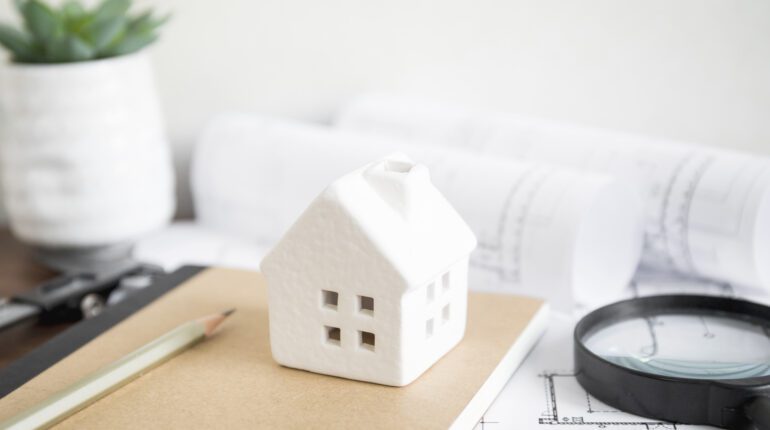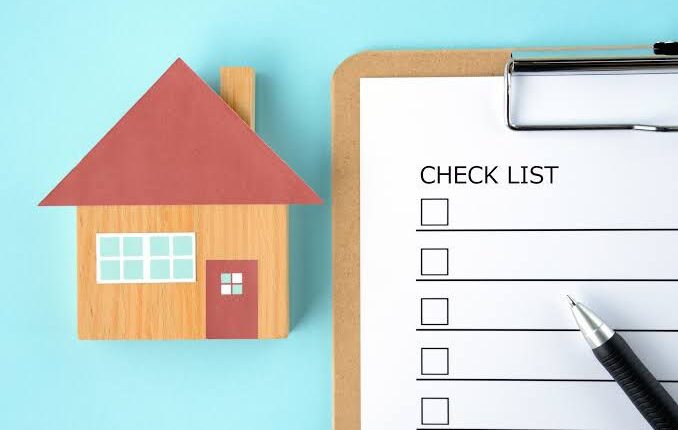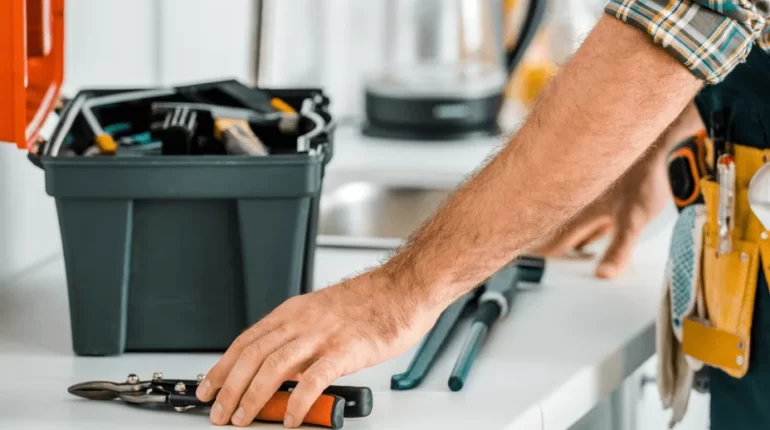New Year, New Risks: What Landlords Should Watch for in 2026
By Kellie Andriessen The start of a new year is always a valuable time for landlords to pause, review their position, and plan ahead. With market conditions continuing to shift, staying informed is one of the most effective ways to protect your investment and avoid surprises. Following recent industry training, market briefings, and this week’s.
Water Damage and Landlord Insurance: What’s Really Covered?
By Kellie Andriessen – NSW REI Property Manager of the Year 2024 Water damage is one of the most common reasons landlords make insurance claims. From burst pipes to storm damage, water can wreak havoc on a rental property in a very short space of time. But here’s the catch: not all water damage is.
Lithium-Ion Batteries and Home Fire Safety: What We’re Seeing — and What We Recommend
By Kellie Andriessen As property managers, our role goes well beyond leases and maintenance. Keeping people safe in their homes is a responsibility we take very seriously. Through recent industry training and safety briefings, we’ve been strongly advised to raise awareness around lithium-ion battery fire risks — a growing issue that is now affecting homes.
How to Choose Good Tenants
By Kellie Andriessen – Newcastle Property Management Choosing the right tenant is one of the most important steps in protecting your investment property. A great tenant pays rent on time, cares for the home as if it were their own, communicates openly, and helps make the management process smooth and stress-free. Pick the wrong tenant,.
Why Regular Property Inspections Are a Must — And How a Property Manager Makes Them Easy
As a NSW landlord, keeping your rental property in top condition is about more than just maintaining its appearance — it’s about protecting your investment, staying compliant with tenancy laws, and ensuring your landlord insurance remains valid. This is where having a professional property manager makes all the difference. Routine inspections are a key part.
Keeping Tenants Cool: Smart Summer Tips for Landlords
By Kellie Andriessen – Newcastle Property Management With temperatures rising across Australia, providing a comfortable home for your tenants is becoming more important than ever. While NSW law doesn’t currently require cooling systems in rental properties, new energy-efficiency and liveability standards are being introduced in other states—and it’s only a matter of time before they.
Why landlords should improve and maintain their investment property — and where to start
Owning an investment property isn’t just about buying the property, then sitting back and collecting rent — it’s about protecting and growing your asset. Whether you’re renting out a single unit or managing a growing portfolio, here we explain why property maintenance matters, and improvements that deliver real results. Why maintenance and improvement matter Quality.
Good vs. bad property management: what it could cost you
Investing in property is often seen as one of the most reliable paths to building wealth. But there’s a critical factor many investors overlook: the quality of your property manager. A good property manager is more than just a rent collector — they are your partner in protecting and maximising your investment. On the flip.







